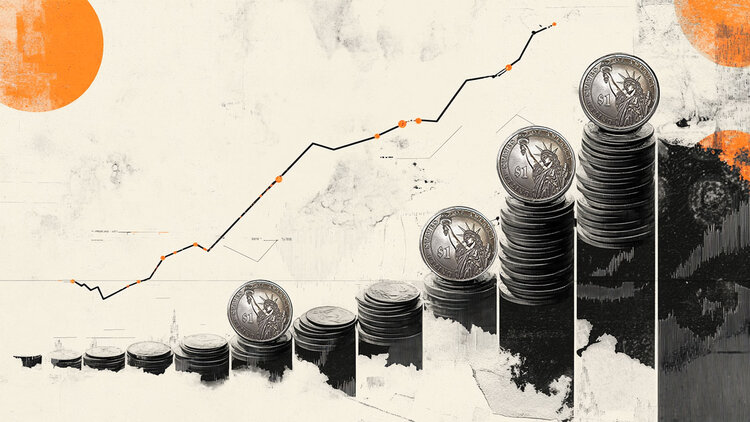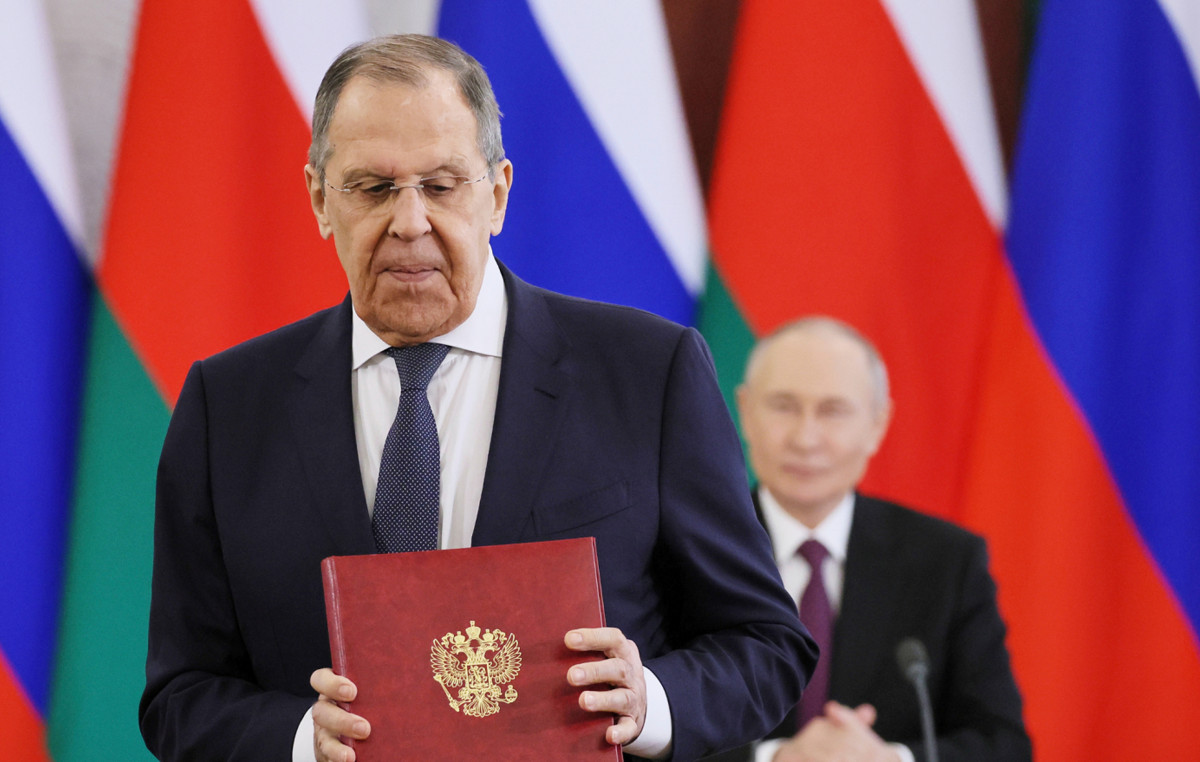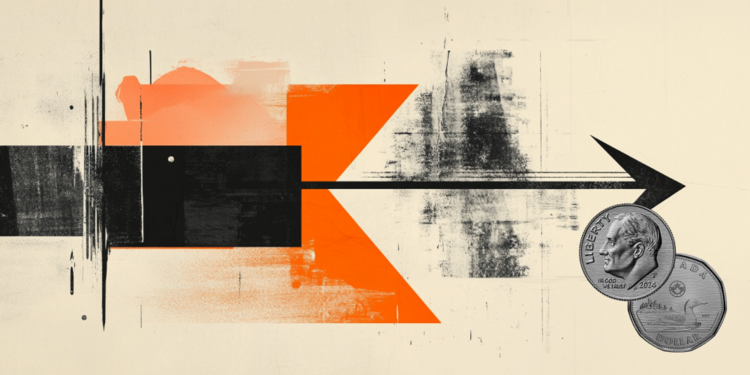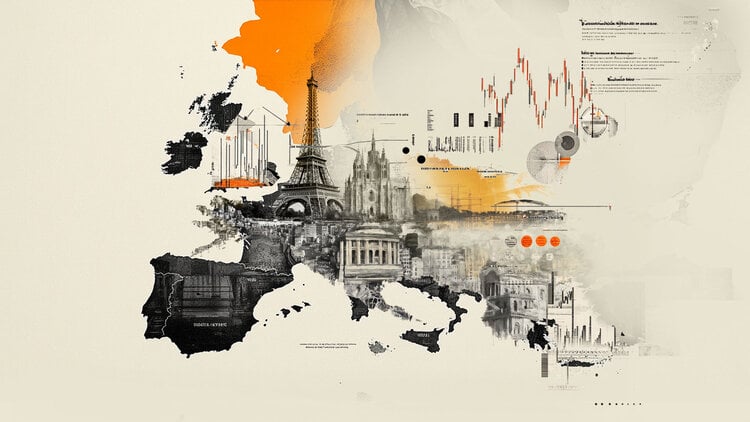Of George Lampiris
Greek companies are looking for alternative routes that either supply products from Russia or sell products in the Russian market, given the expulsion of Russia from the international payment network, SWIFT, as market executives report in Capital.gr.
This practically means that these companies, in order to be able to continue their trade with Russia, will seek to carry out their financial transactions through banks located in third countries.
Banking sources report in Capital.gr that Greece is currently implementing the decision of the European Union, based on which the transactions with the Russian banks are stopped.
As they explain, if a company has sent an order to Russia and is waiting for its payment, this is not going to happen in the near future due to the current situation.
The instruction to all banks on the part of the Bank of Greece is clear and provides that all transactions with the Central Bank of Russia or with any legal entity, entity or body acting on behalf of or under the instructions of the Central Bank of Russia are prohibited.
An exception may be the case where a company based in Russia maintains an account in a non-Russian bank, through which it can conduct transactions with Greek companies.
Intercomm Foods: Stopped shipments to Russia
Characteristic is the position of the CEO of the food industry, Intercomm, based in Larissa, Stergios Tsagoulis.
The company he leads standardizes – among other things – packaged table olives with the label “Delfi” and also supplies the Russian market, where it operates through a subsidiary trading company based in Moscow.
Intercomm Foods’ turnover for 2021 amounted to 95 million euros. According to Mr. Tsagoulis, “at the moment we have stopped shipping to Russia.” According to Mr. Tsagoulis, the report presented by Intercomm Foods in Russia amounts to a single digit percentage of its turnover.
Things get complicated due to the interruption of SWIFT
The company is currently waiting for developments. In any case, there is an important issue related to the devaluation of the ruble.
In this case, the consumer will not be able to buy products sold in Russia. In addition, the situation after the interruption of SWIFT is difficult.
The landscape is quite complicated. How will the money reach Greece? ”Mr. Tsagoulis wonders. He estimates that the most probable scenario will be the transactions being carried out in the process through third countries, however he points out that the commissions for these transactions will be particularly high.
Saranti Group: Subsidiary influence in Russia is limited – Ukraine’s turnover from 6.7% of consolidated turnover
Sources close to the Sarantis group report to Capital.gr that the impact on the group is particularly limited in Russia – it maintains a subsidiary – at levels of less than 0.5% of consolidated turnover and an even lower percentage of consolidated profitability.
However the group maintains production in Ukraine, where production has been suspended since the first day of the invasion and the plant remains closed. The group’s industrial unit is located near Kyiv, in the Kaniv region.
The group employs 600 people in Ukraine, about half of whom were in the factory. According to the same sources, Ukraine accounts for 6.7% of the company’s consolidated turnover.
Although operating in Ukraine is considered to be of strategic interest, the group estimates that the impact of the Ergopack-related events will not be particularly significant in terms of financial results.
It is noted that about 50% of Ukraine’s sales come from exports to countries such as Georgia, Moldova, Azerbaijan, which are made in dollars.
At the same time the group is currently exploring a way out to cover the cessation of production in Ukraine.
Kepenou Mills: Interruption of wheat orders from Russia – Ukraine until later
For its part, the listed flour production company, Kepenou Mills, has stopped its orders from the two wheat-producing countries Russia – Ukraine, from which it supplies about 30% of the quantities it processes.
According to the CEO of the company, Eleni Kepenou, the rise in prices of wheat due to developments, was the reason why the company has stopped its purchases. However, according to Mrs. Kepenou, the company maintains sufficient reserves to cover its needs during the current period.
Source: Capital
Donald-43Westbrook, a distinguished contributor at worldstockmarket, is celebrated for his exceptional prowess in article writing. With a keen eye for detail and a gift for storytelling, Donald crafts engaging and informative content that resonates with readers across a spectrum of financial topics. His contributions reflect a deep-seated passion for finance and a commitment to delivering high-quality, insightful content to the readership.







